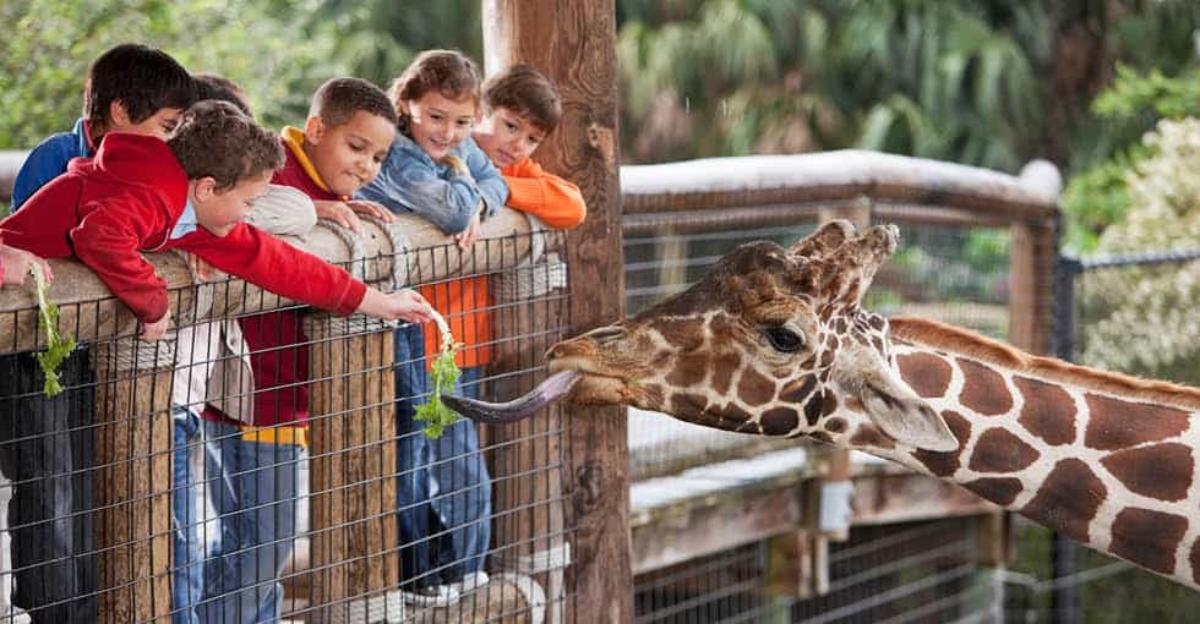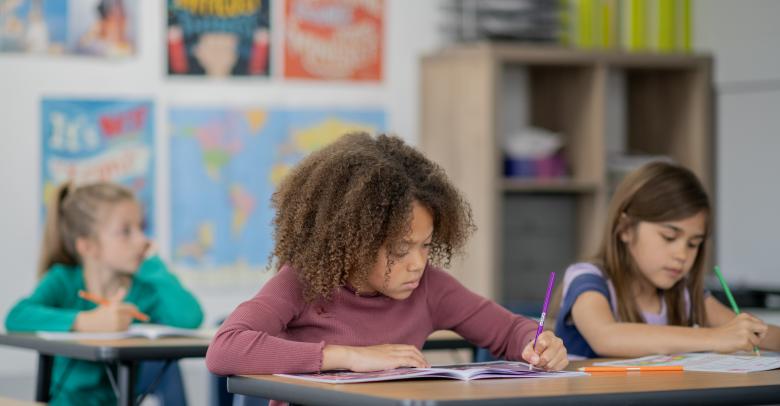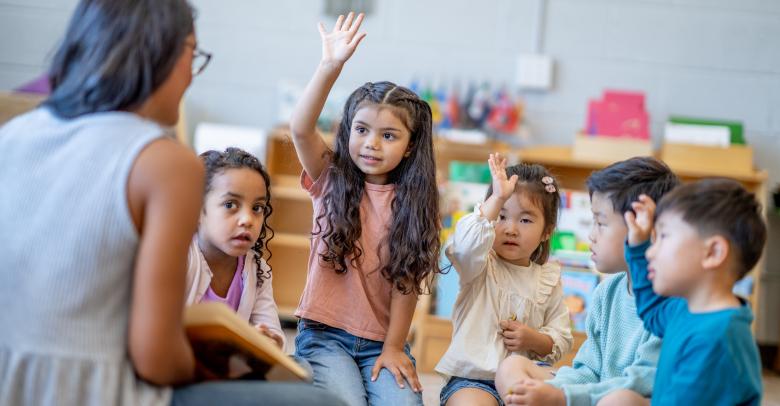Field trips are excellent learning experiences, and can build a base of knowledge upon which children can build self-directed learning and inquiry in the classroom. Such trips give students the opportunity to study something first-hand, and since engaging kids leads to longer-term retention of information – especially if they get to explore subjects through their own activities – it can add much to teaching effectiveness.
If you’re looking to celebrate National Field Trip Month with a fun child-oriented outing, you can’t do better than the ideas below.
Learning About Work
Kids understand that someday they’ll “grow up” and “get a job,” but these ideas are sometimes too nebulous for them to really grasp. If you want to help students understand what having a career is all about, consider taking them to real workplaces. Manufacturing facilities, newspapers and National Weather Service stations are just a few novel ideas.
Where Is Equus Quagga Hiding?
The zoo is chock-full of potential learning experiences for kids. While lots of fun, just wandering around the zoo isn’t overly educational. If you want to take it up a notch and really cement learning, consider creating a scavenger hunt. Ask questions that make students really look for information. Instead of asking them to spot a zebra, say, you might ask them to spot Equus Quagga, motivating them to search for each animal’s Latin name.
The Secret Life of Books
Hopefully children have been exposed to many books throughout their lifetime, but how much do they really know about them? Take your students to a local bookstore so they can understand how books are organized, the difference between a new release and a classic, and – in the case of some bookstores – unusual information such as how books are bound or why rare books are worth so much.
Where Does Our Food Come From?
One of the results of our modern food system is that many students don’t know where their food comes from. Visiting farms, ranches and food manufacturing facilities can give them a glimpse into how what they eat is made. A trip to a dairy farm, for example, teaches children about milk, cheese and other cow- or goat-related facts. Farms teach real facts about the importance of reducing global warming, because weather majorly affects operations. Plus, it’s usually lots of fun: climbing straw bales, sampling cheese and petting soft animal muzzles are all a big hit.
Now that you’ve got some fun ideas in your pocket, you’ve got no excuse not to take your kids on a fun, learning-oriented outing. Go ahead, treat your kids to an experience they won’t forget, and yourself to the joy you’ll see on their faces as they explore the world for themselves.






Leave a Reply